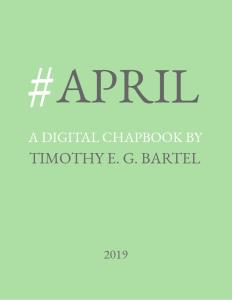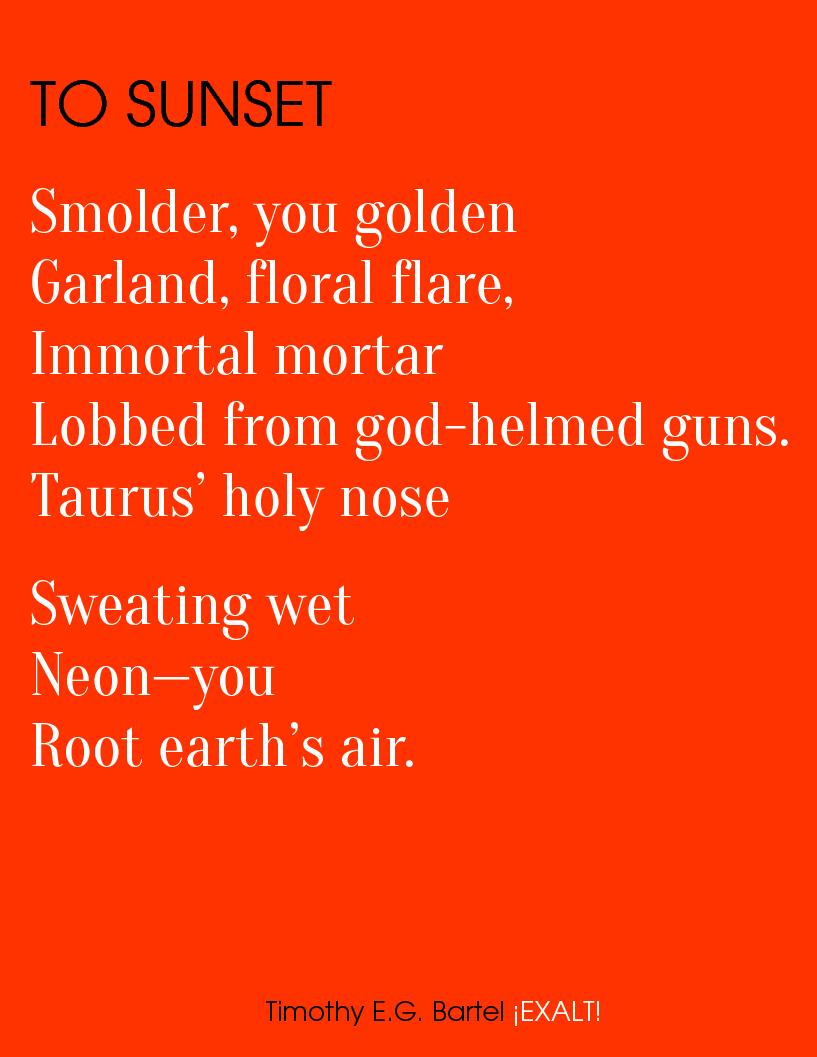The 2010s was a decade bursting with poetry. It saw the publication of major works by living masters, it saw the deaths of many of those living masters (including Maya Angelou, Geoffrey Hill, Mary Oliver, W. S. Merwin, and Richard Wilbur), and, perhaps most surprising of all, it saw the rise of poetry as a bestselling genre again. I don’t know how many poetry collections I read this decade, but I know I didn’t scratch the surface of even the best of what’s out there. My biases will be evident from the following list: I most prefer English and American poetry, the more formal the better. Lucky for me, the literary scene is teeming with poets who still interact with the formal traditions of English poetry. In fact, two of the last books of poems I reviewed were entirely sonnets! These were Terrence Hayes’ American Sonnets for my Past and Future Assassin (2018) and Jeanne Murray Walker’s Pilgrim You make the Path by Walking (2019). These collections are still very new and their impact waits to be see. But due to them, I am hopeful for poetry as we go into the next decade. It may be too much to hope that that the best poems being written will also sell the best; we seem doomed to find some of our sloppiest poets to be the bestselling.
Below are my top five favorite poetry collections of the past decade (plus one honorable mention!). These are collections I kept returning to for inspiration, for meditation, for academic research, and sometimes just to say softly: “wow.”
Honorable mention:
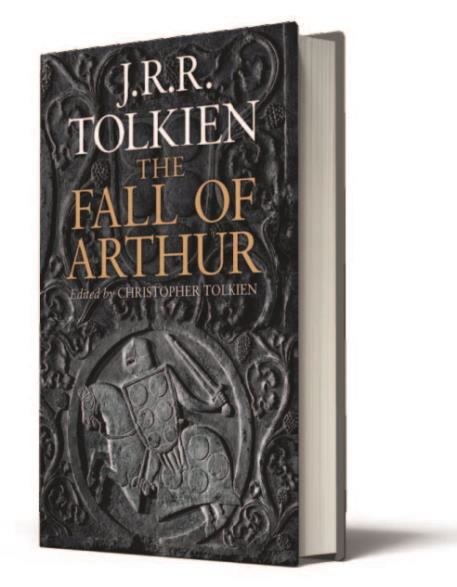
J. R. R. Tolkien, The Fall of Arthur (2013)
Technically, this poem should date from the early 1930s, but it wasn’t published until 2013. Together with The Legend of Sigurd and Gudrun (also written in the 1930s, but not published until 2009), The Fall of Arthur gives readers a picture of Tolkien as alliterative poet, a strange and satisfying dimension of the writer to place beside our more conventional picture of Tolkien as epic fantasy writer. The Fall of Arthur is not prose fantasy. It’s not even what we have come to expect from Arthurian poetry; nowhere to be found is the magic and high Victorian sentiment of Tennyson’s Idylls of the King. Instead, Tolkien gives us Arthur as Beowulf, sans monsters. The monsters here are human, Mordred especially, stalking the woods and battlements in lust for queen and crown. The battles are blunt and shadowed with dread, not just for the death of soldiers, but the death of ages. And just as Arthur is about to reach Mordred for their final showdown, the poem cuts off. It was never finished. What we have is a hacked off vision of Arthur that brings the king and his wars back to their roots in the distant, half-eclipsed Anglo-saxon past.
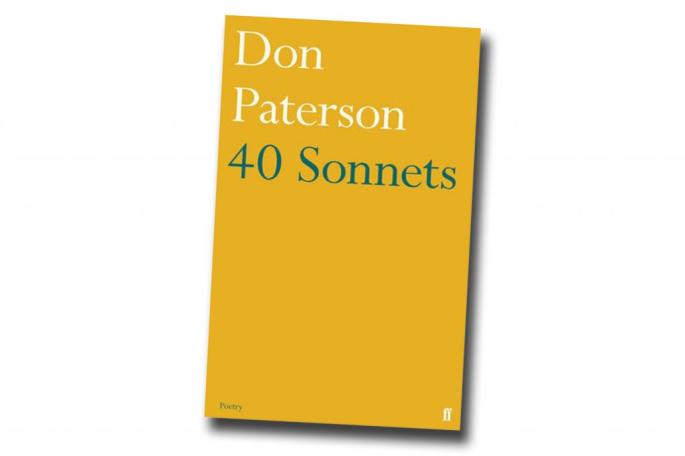
1. Don Paterson, 40 Sonnets (2015)
Once in 2013 I met Don Paterson on the bus to St Andrews. I told him I liked his poetry a lot, especially his recent sonnets. These sonnets had appeared here and there, a few in each of his earlier collections, and some in anthologies and periodicals. He replied, in his heavy Scottish accent, “That was the right thing to say.” And sure enough, two years later, his next book turned out to be 40 sonnets, a collection that makes good on its title. These sonnets, joined by Paterson’s earlier ones, are a body of some of the best sonnetry of the last few decades. Paterson weds a gruff matter of factness with an ear for iambic rhythms and an eye for slant rhyme. The sonnet’s not dead yet, and Paterson gives me hope for its future.
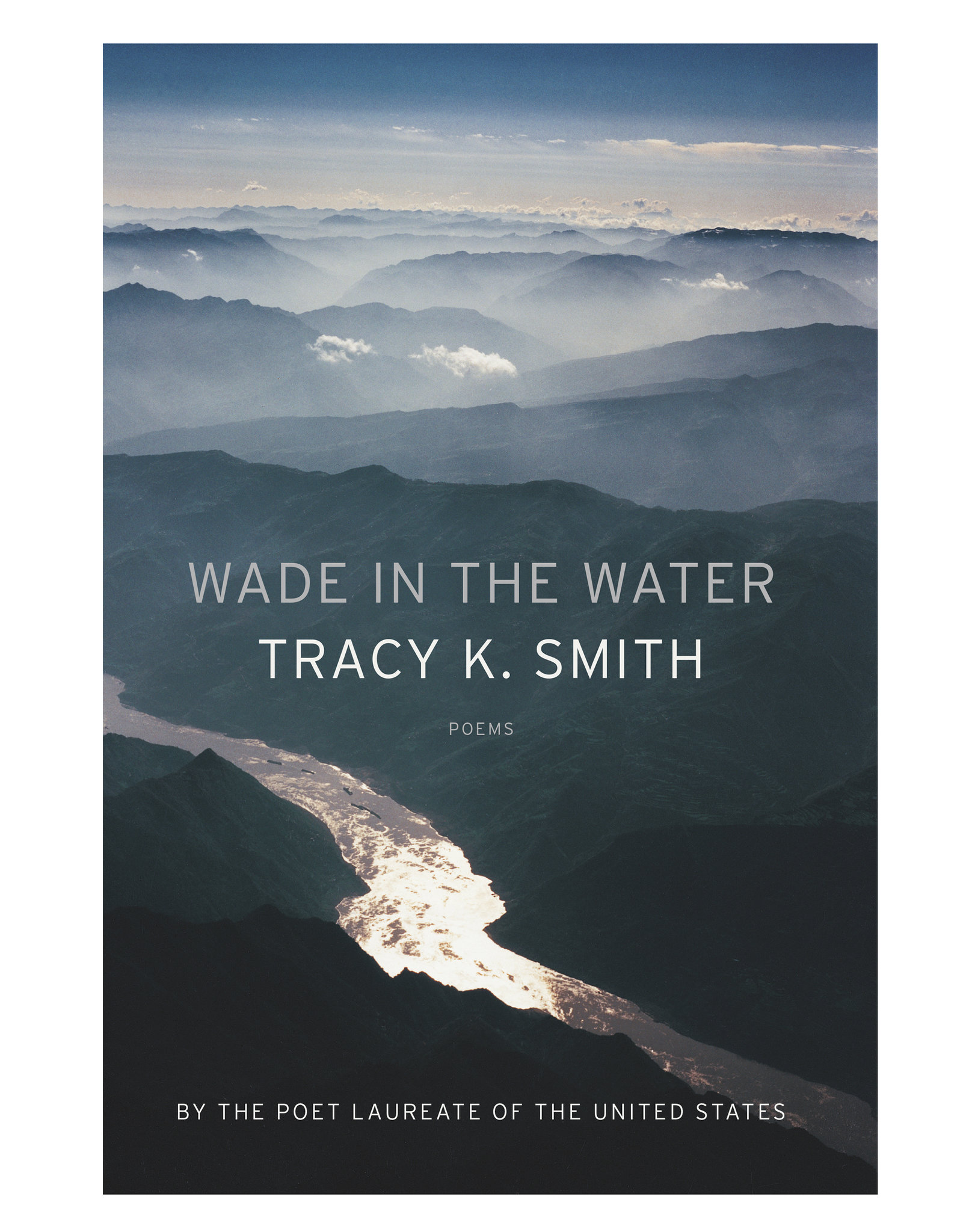
2. Traci Smith, Wade in the Water (2018)
It’s hard to tell whether this collection, published while Smith was poet laureate, or her earlier, Pulitzer winning Life on Mars will prove to be Smith’s definitive collection. I choose to believe the best is yet to come. Either way, Smith proved that poetry alive to the inherant patterns of language could also tackle the most tricky and vulnerable of contemporary political issues. Yes, Wade in the Water contains poems on nature, God, the mutability of life on earth, etc, but it also has a whole section which turns real letters of enslaved Americans to Abraham Lincoln into fragile and heartbreaking poems. In another poem, Smith hacks away at the text of the Declaration of Independence until it becomes a cry from the enslaved to the founders, asking when their Independence is coming. Smith scoops from the bowl of African-American memory and brings up the pains and hopes of generations. She is this decade’s model for all poets who strive to be political in their work.
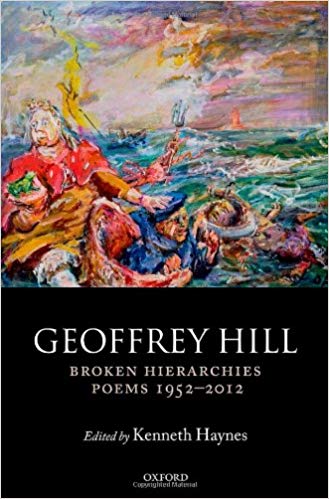
3. Geoffrey Hill, Broken Hierarchies (2013)
If I had to pick a “most important book of poetry published in the last decade” this would be it. Hill’s massive collected poems contains all his previous collectionspublished from 1956 to 2011, plus two whole new collections and expansions of several more. Hill is famous for making a turn in the 1990s from dense formal poems to loose, rambling free verse, but in his new collections of 2010 – 2013, he’s firmly back in the land of the formal. Perhaps most formally impressive is Odi Barbare, a collection of over 50 poems in the demanding Sapphic stanza form. As always, Hills poems are forged at the meeting place between politics and eternity, between the agonized body and the racing, history-haunted mind. If you want your poetry as thick as tar and as knotty as the oaks of Broceliande, Hill is your man.
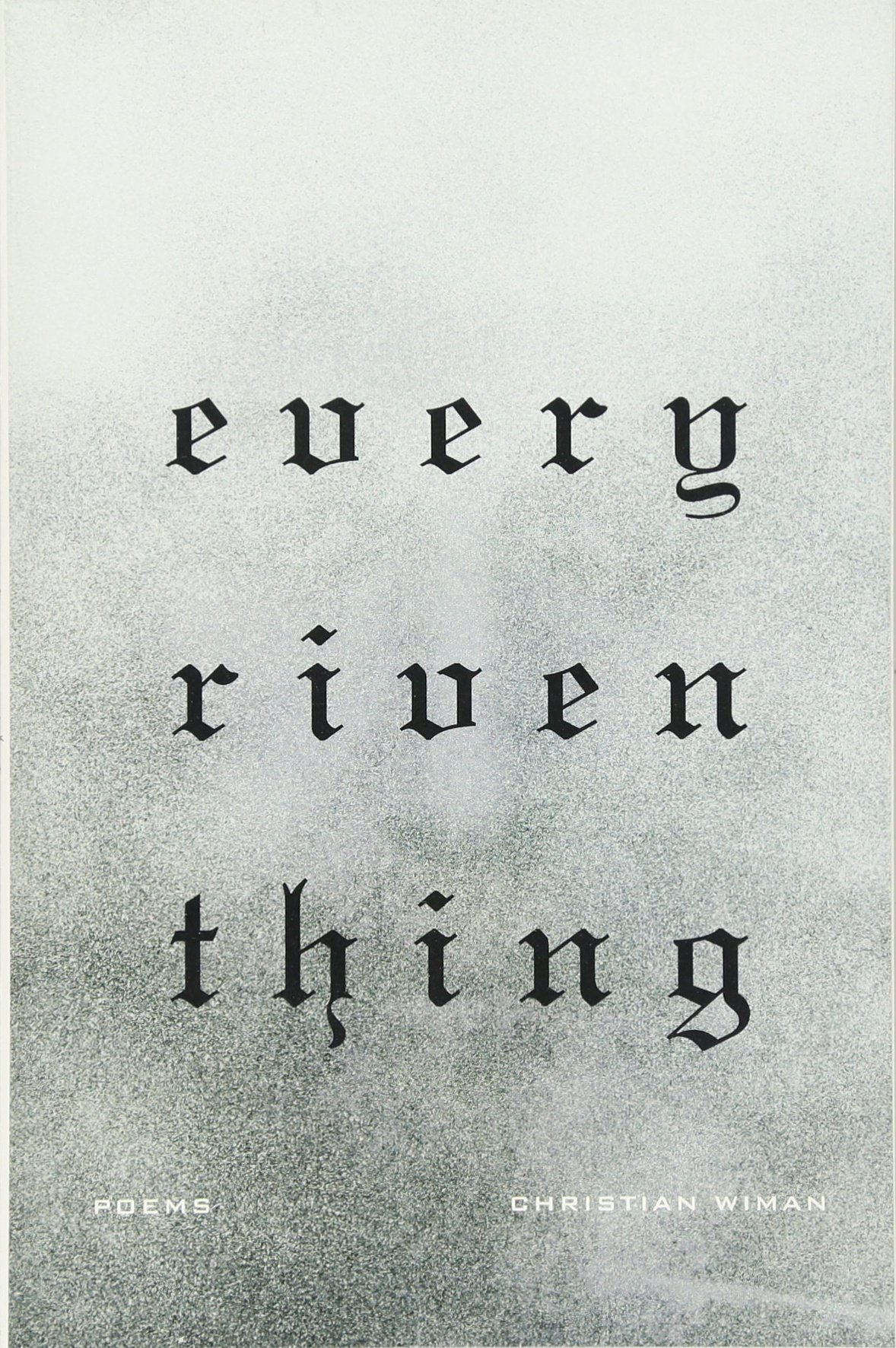
4. Christian Wiman, Every Riven Thing (2010)
From where I stood, this collection seemed to drop like a grenade into the American poetry scene. Wildly formatted, but keenly metered and rhymed, Wiman’s poems straddled the line between experimental and traditional, borrowing all of the danger and excitement of the former, and much of the depth and richness of the latter. And the poet himself was of a fascinating shape: West Texas Baptist turned Chicago atheist turned born again Christian, who also happened to be editor of Poetry Magazine, who also happened to be battling a bleak cancer diagnosis. Wiman has become something of an icon in the poetry world in the wake of this and his later books: someone who honestly looks death in the face, holding onto sparks of faith, and crafting his struggle into scintillating lines of verse.
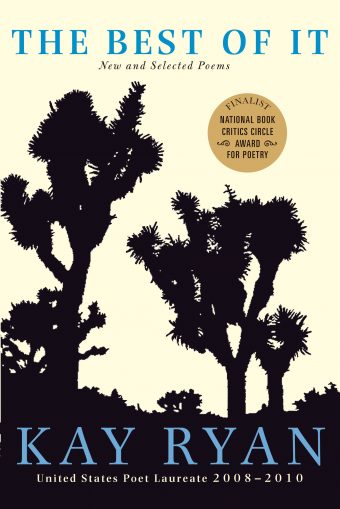
5. Kay Ryan, The Best of It (2010)
It’s hard to believe it’s only been 9 years since Kay Ryan’s The Best of It. This was the collection that I read in grad school that convinced me that formally deft and inventive poetry was neither dead nor dying, and set me on the path to trying to live up to her example in my own poetry. Ryan is a rare poet whose poems never look formal. Her short lined poems meander down the page like any other lax contemporary free-verse. But they are prove to be as tightly wound and tuned as a watch, packed with rhythm, bursts of rhyme, and conceptual games worthy of Emily Dickinson herself. While many poets of the last decade have been more concerned with that they wrote about more than how they wrote about it, Ryan is more concerned with how any thought can be phrased, and how any phrase can be thought. The Best of It pairs selections from her earlier collections with the finest of her more recent work. It is a lodestar to my own writing, and a gift to the 21st century poetry scene.


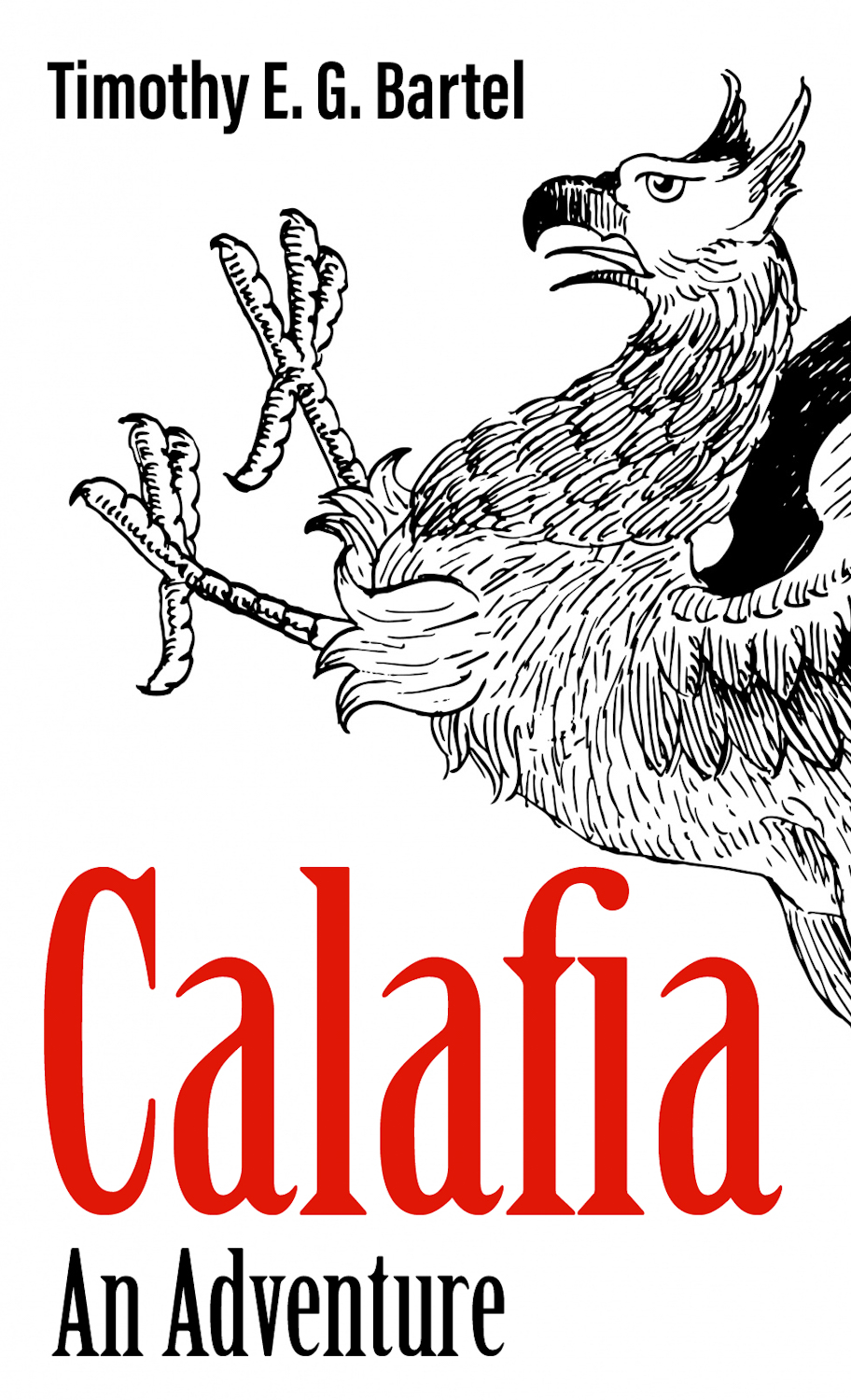 My new poem, Calafia: An Adventure, is now available as an ebook on Amazon. It’s the perfect read for a spring weekend. Get your copy here:
My new poem, Calafia: An Adventure, is now available as an ebook on Amazon. It’s the perfect read for a spring weekend. Get your copy here: 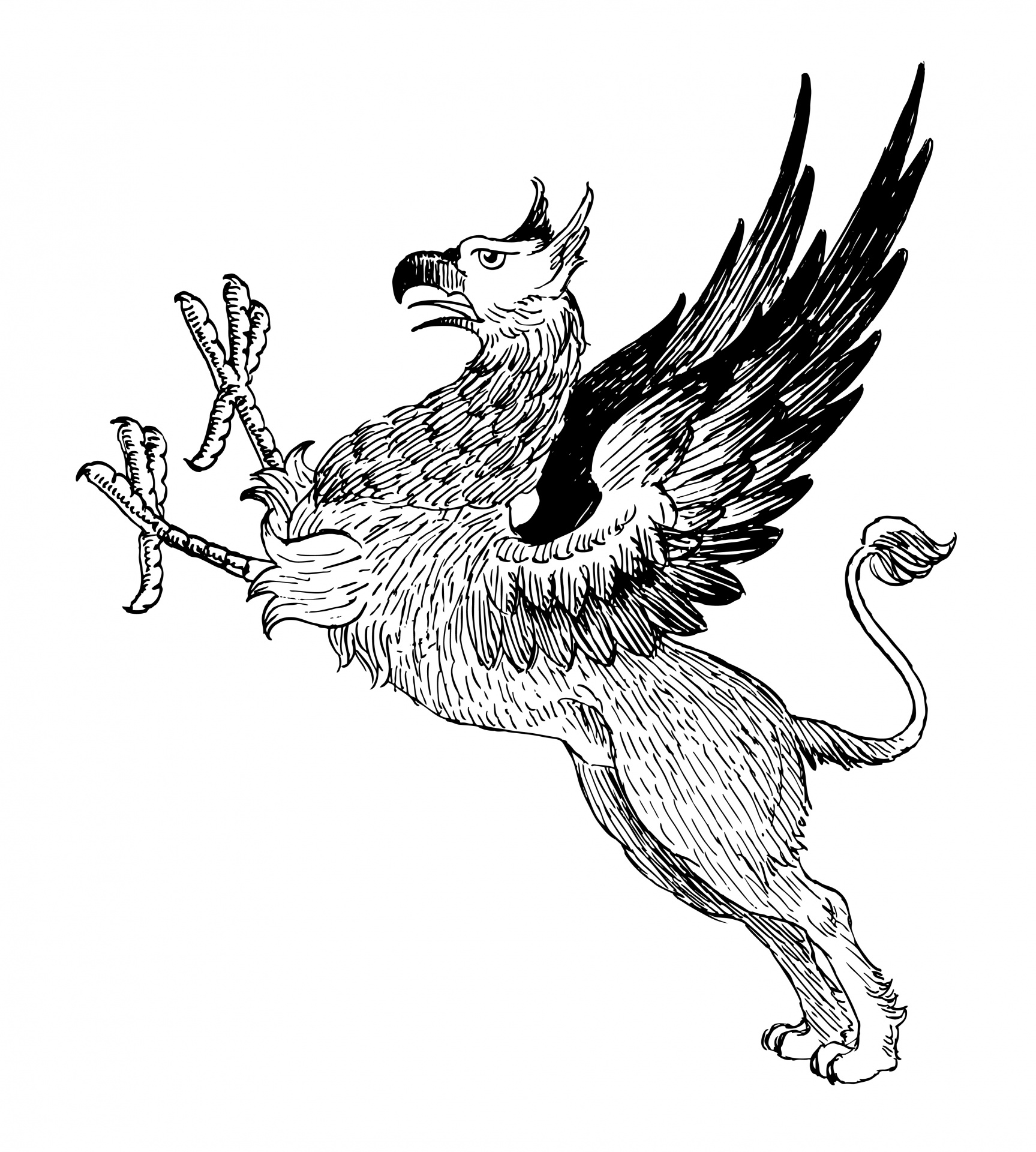






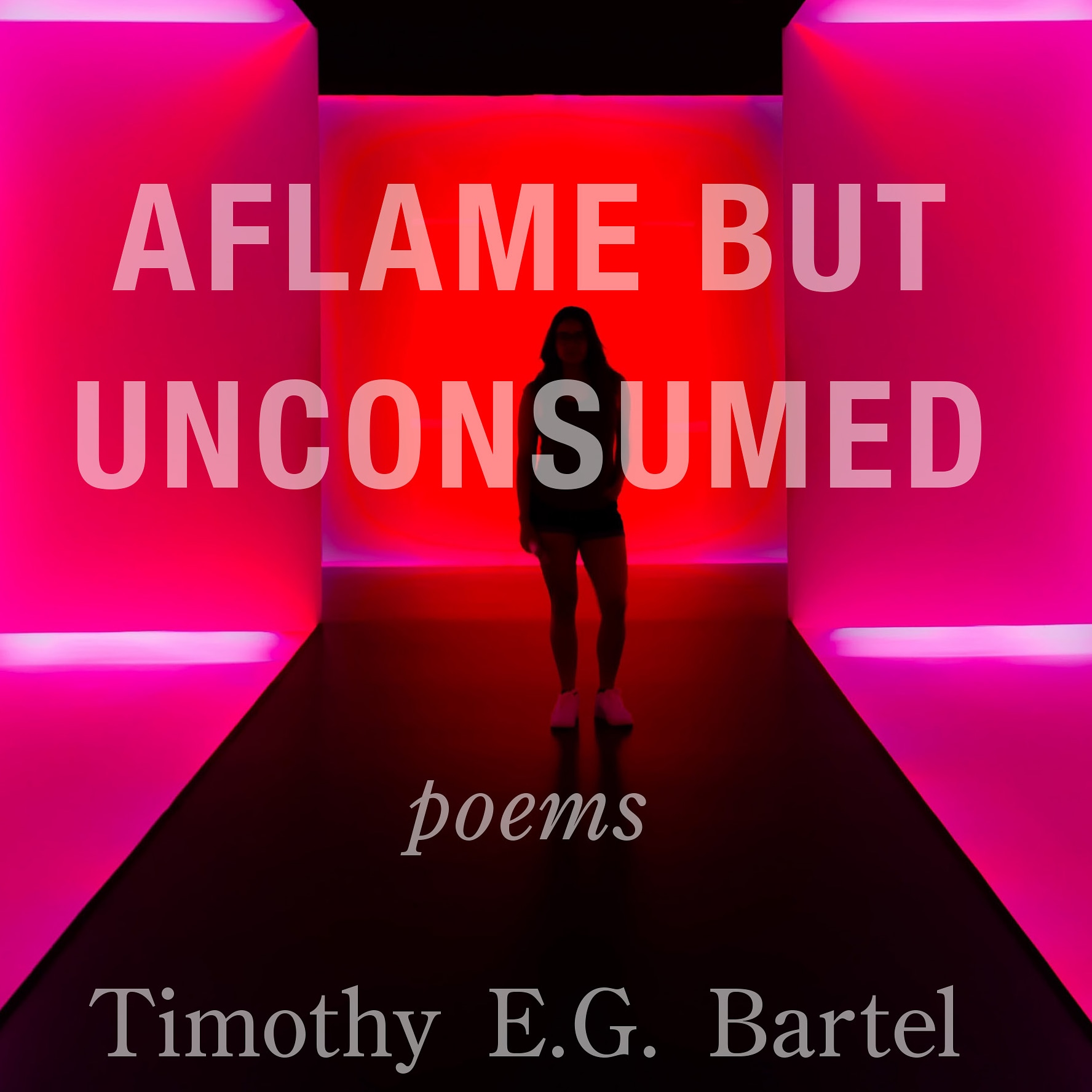 Hey all, my new poetry collection was recently released from Kelsay Books. Check it out:
Hey all, my new poetry collection was recently released from Kelsay Books. Check it out: 